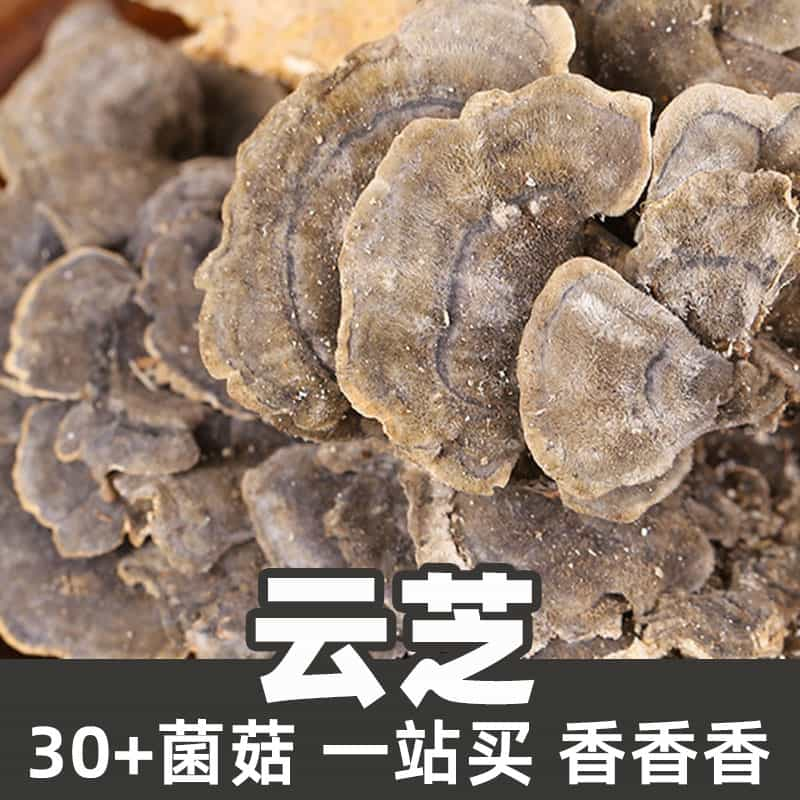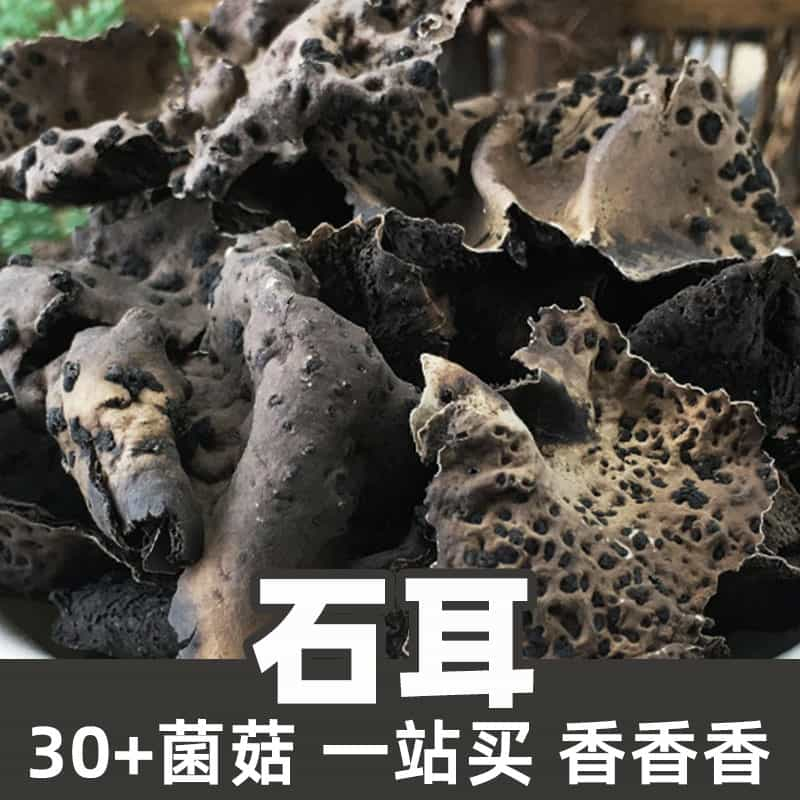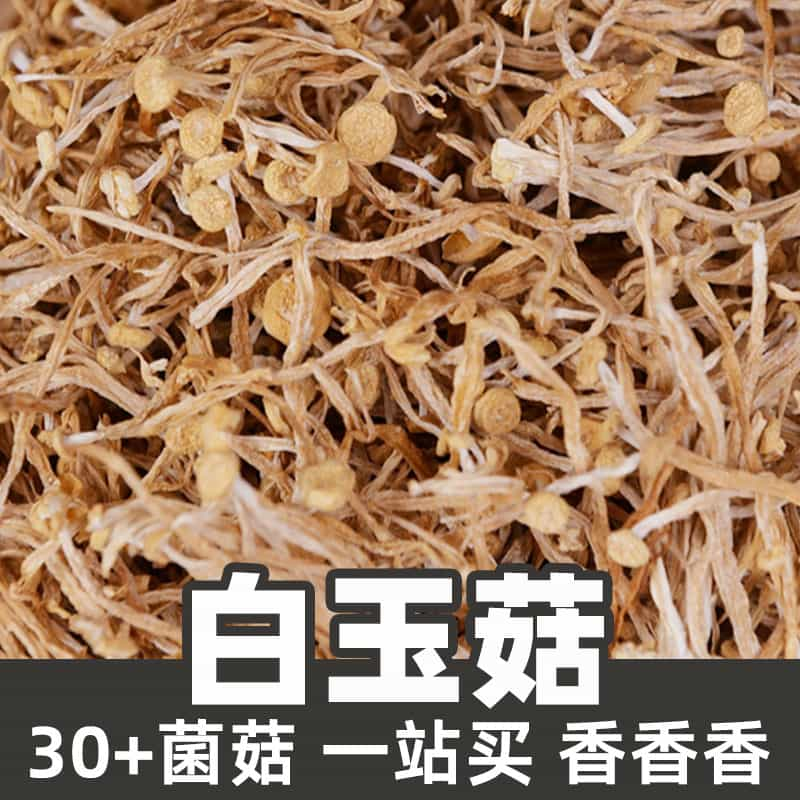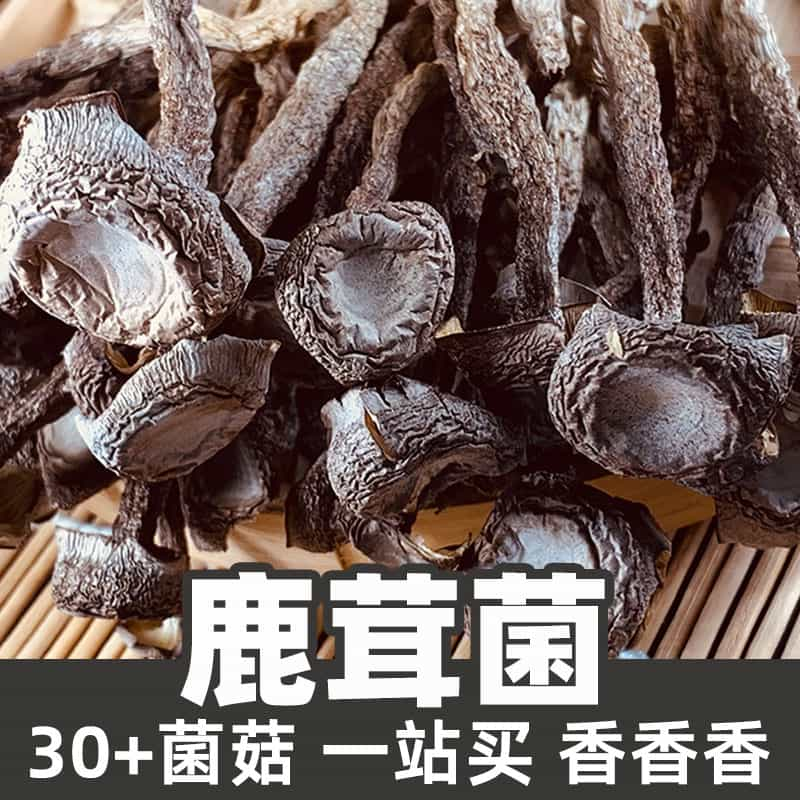Lignosus rhinocerus, commonly known as Tiger Milk Mushroom, is a notable fungus primarily found in Southeast Asia, particularly in tropical forest habitats. This mushroom has been utilized for centuries in traditional medicine, lauded for its various health benefits. It is famous for its high concentration of polysaccharides, triterpenoids, and flavonoids, which contribute significantly to its medicinal properties. The unique characteristics of this fungus, including its thick, woody appearance, make it an interesting subject of study among mycologists and health enthusiasts alike.
Known as a natural health supplement, Lignosus rhinocerus has gained popularity for its potential effects on enhancing the immune system and reducing inflammation. With its rich array of bioactive compounds, this mushroom has been the subject of numerous studies exploring its therapeutic properties. While the traditional uses of Lignosus rhinocerus focus on health maintenance and disease prevention, modern research is expanding its potential applications in complementary and alternative medicine. The growing interest in functional foods also ties this mushroom to contemporary dietary trends.
As a health-promoting substance, Lignosus rhinocerus is available in various forms, including powders, capsules, and extracts. Its versatility in formulations allows individuals to incorporate it into their daily routines easily, whether in health supplements or as an ingredient in culinary practices.
The nutritional composition of Lignosus rhinocerus is rich in active ingredients that contribute to its health benefits. Notably, polysaccharides are among the most researched components and are linked to immune system enhancement. These compounds can modulate immune responses, making them beneficial for maintaining overall health and fighting infections. Triterpenoids provide additional support as they possess anti-inflammatory and antioxidant properties, helping to protect cells from oxidative stress.
Flavonoids, another vital component found in this mushroom, add to its potential for health benefits due to their diverse biological activities, including anti-inflammatory and anticancer properties. Collectively, these compounds work synergistically to provide the mushroom's purported health effects, highlighting the importance of its nutritional profile. Furthermore, preliminary studies suggest that Lignosus rhinocerus may exert positive effects on metabolic health, showcasing its potential use as a supplementary food in holistic health approaches.
Lignosus rhinocerus is typically found in tropical rainforests, growing on decaying wood, where it plays a role in the decomposition process, contributing to nutrient cycling in its ecosystem. This mushroom is primarily distributed in Southeast Asian countries such as Malaysia, Indonesia, and Singapore. Its growth is often influenced by the specific environmental conditions, such as humidity, temperature, and the availability of organic matter.
In the wild, Lignosus rhinocerus can emerge as a saprophyte, deriving nutrients from decomposing plant material, which allows it to thrive in its natural habitat. The collection of this mushroom requires an understanding of its ecological relationships and seasonal patterns. Harvesting typically occurs during the rainy season when conditions are optimal for fruiting.
The preservation of Lignosus rhinocerus is crucial, as the demand for this traditional medicine continues to rise. Once harvested, the mushrooms must be processed promptly to maintain their bioactive compounds. Common methods of processing include drying and grinding into powder or creating extracts. Properly stored Lignosus rhinocerus can retain its effectiveness, provided it remains in a dry, dark environment, protecting it from moisture and light exposure that may degrade its constituents over time.
Through careful harvesting, processing, and storage, the benefits of Lignosus rhinocerus can be effectively harnessed for a variety of applications in health and wellness.
Monica Sun is a seasoned expert in the natural raw materials industry, with over a decade of experience specializing in traditional Chinese medicinal herbs, spices, and fungi. She is skilled in the sourcing, processing, and application of these materials, emphasizing sustainability and innovation. Monica Sun has contributed to the development of high-quality natural raw materials that serve as essential components in functional foods, pharmaceuticals, and cosmetics, delivering tailored solutions to meet diverse market needs.

















